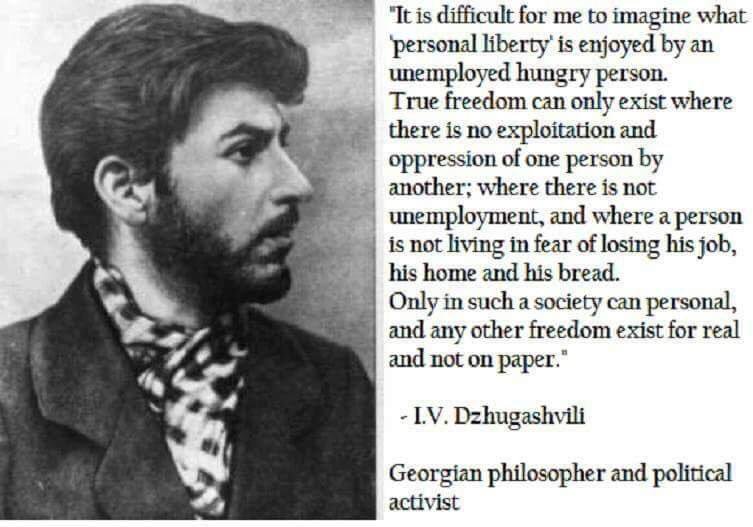The thesis is that the internet is going to lead to unbundling & modularizing of government.
We'll transition from being a "citizen" of gov'ts to a "customer", + the change will mirror other tech revolutions.
Industrial revolution led to rise of nation-state, discredited the Church.
Information age will lead to rise of sovereign individuals / startup societies, will force competition among gov'ts
Zooming out:
When protection is hard, we rely on others to protect us—governments for example protect us externally w/ military, internally w/ police.
When technology makes protection easier (e.g. via encryption), we rely less on gov’t to serve that existential role.
Chivalry wasn’t a romantic notion as much as it was practical—it was a protective mechanism against violence.
Citizen: You exist to serve government. “Ask what you can do for your country”
Customer: Government exists to serve you.
This is fundamental
Gov'ts compete to serve its customers, leading to more innovation & better "service"
Market serves as natural filter -- corrupt govt's will die.
Customers can more easily leave and choose the option that works best for them.
Back then, choosing your religion was crazy, the way choosing gov't today seems crazy—or at least infeasible for most people.
Agricultural led to some big changes over hunter-gatherer era. We now had:
*private property
*"long-term"
*specialization of violence, bc now there was something to steal(!)
Printing press undermined the church monopoly on word of God, even as it created new market for heresy
(similar to attempts on us gov’t today to suppress encrypt technology)
The more people read, the less the church could maintain its monopoly on moral truth.
Similar w/ govts—The more people build decentralized and sovereignty-enabling technology, the less the monopoly government has on violence.
The Church was perfect for feudalism (legally, morally, culturally), but ill fitted for Industrial Age, compared to nation-states which were better for wars.
What’s better for Information Age? Sovereign individual.
Same with taxes and governments.
This may sound intuitive, but democratic capitalism was an even more effective statecraft than communism, because it allowed people to at least earn money before it took a large %.
Similar to how ppl see Keynes & Friedman as different but, when compared to Austrian economics, they’re both gov't manipulating the money supply in diff ways.
Characteristics of industrial era
— natural resources mattered
— mass production
— economies of scale
— monopolistic large enterprises
— mass employment
— high capital needs
— commodity labor
— natural resources don’t matter as much
— mass customization
— diseconomies of scale
— many small enterprises
— robots take jobs
— low capital needs
Governments have never established staple monopolies of violence over sea…. Meaning they won’t get cyberspace either, an infinite realm without physical boundaries
- iPhone
- crypto
- rising inequality and corresponding unrest
- the transformation from economic to cultural marxism
- rampant hyper capitalism
- rise of political correctness
& much more
And for the first time, this trend is going to be reversed.
That's what enables the Sovereign Individual
****
If you read the book, add your own reflections.













